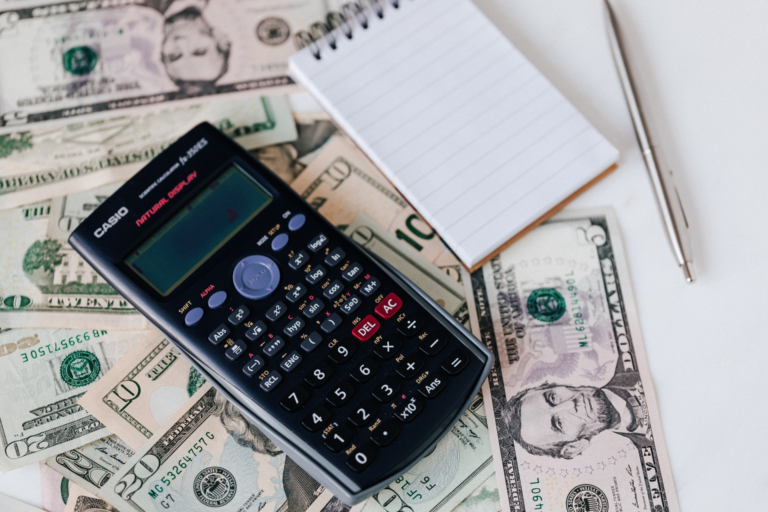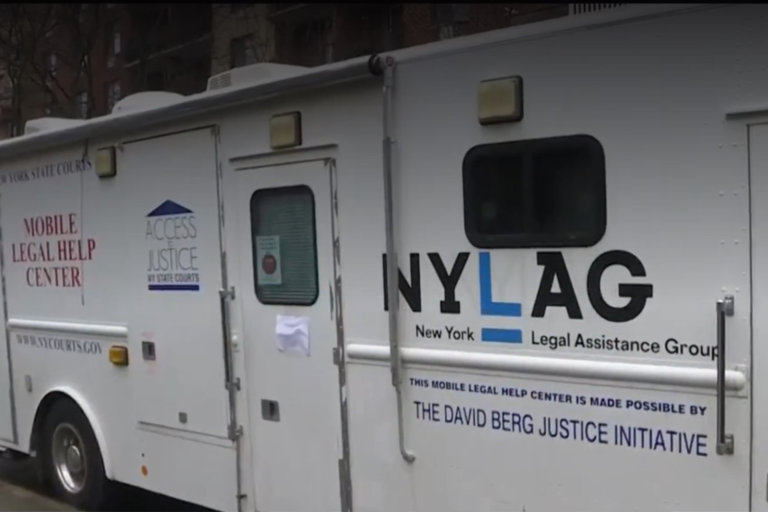The International Fraud Awareness Week, or Fraud Week was first established in 2000 in an effort to highlight the importance of fraud prevention, promote anti-fraud training and education, and help individuals and organizations fight fraud. Today, despite the great technological advancements to combat fraud, global loses from fraud are estimated to be an alarming $5.38 trillion, according to the Financial Cost of Fraud Report.
It got worse with COVID, with an increase in fraud cases related to taxes, unemployment benefits, and credit cards. According to the U. S. Treasury, by the end of February 2020, tax return identity theft had increased 751% from the previous year. The Office of the Inspector General for the Department of Labor indicated that as of January 2021, an estimated $39.2 billion could have been improperly paid, with a significant portion attributable to fraud. The United States is heavily targeted by credit card fraudsters with losses amounting to $9.62 billion, or 22.19% of total card volume worldwide according to the latest Nielsen report.
It is important to realize that fraud affects entire communities and not only the direct victims of fraud. All of us, on a daily basis, have to deal with relentless robo-calls, spam email, and unwanted text messages. Everybody, including vulnerable populations with limited access to technology, is now subject to increasingly complicated ID-verification technologies for almost everything we do. Government agencies, nonprofits, and business are forced to divert their resources to fraud prevention that could otherwise go to direct service delivery or for the benefit of their clients.
What can you do?
The best way to protect yourself and loved ones from fraud is to proactively and consistently take steps to minimize the risk. Below are simple, yet effective ways to do so:
- Change all your passwords at least once every three months. If you see suspicious activity in any of your accounts, contact your service provider and change your username and password immediately. Changing password periodically can prevent hackers from getting access to your accounts.
- Create strong passwords and consider using a password app to remember all of them. Check out this list of tips from Google on how to make your passwords longer and more memorable. Last Pass, Bitwarden, and Dashlane are some examples of password management companies that offer a free version of this service. This free version often has limitations, and we would recommend that you create a strong master password to access these services.
- Review your checking, savings and credit card accounts on a regular basis to detect any suspicious activity and report it immediately.
- File your taxes early, or as soon as possible, to reduce the risk of fraudsters applying and getting your refund.
- Be wary of unwanted or unexpected phone calls or calls that come from restricted numbers. Although you may be tempted to answer, any caller that truly wants to talk to you should leave a voicemail and then you can decide to return the call or not. Answering unwanted calls may put you at risk of getting in touch with spammers. If your cellphone plan allows it, block such numbers.
- Stay ahead of scams. Consistently check the Federal Trade Commission’s most recent scam alerts to learn how to avoid recent detected scams.
Still have questions?
NYLAG Financial Counselors can help you prevent fraud or resolve existing fraud.
- If you are currently working with a NYLAG financial counselor, reach out to them now to discuss your tax planning options.
- Connect with a NYLAG financial counselor.
- Call our NY COVID-19 Legal Resource Hotline with a legal concern related to COVID-19.








